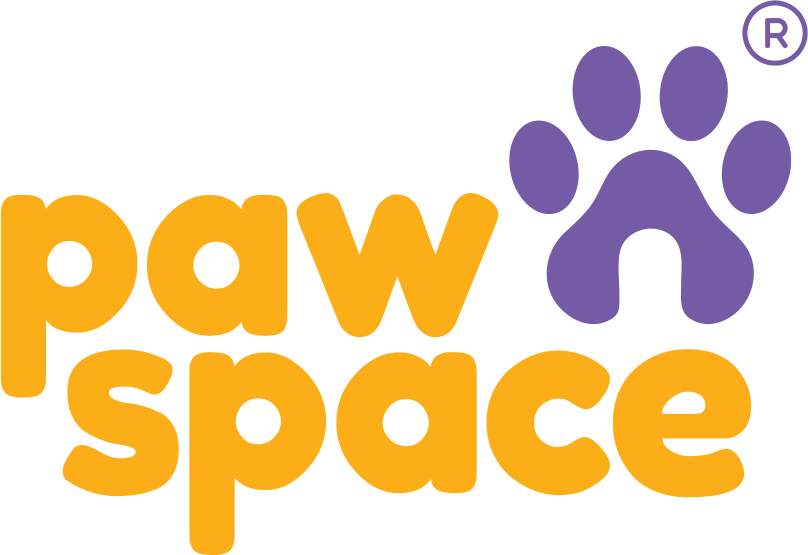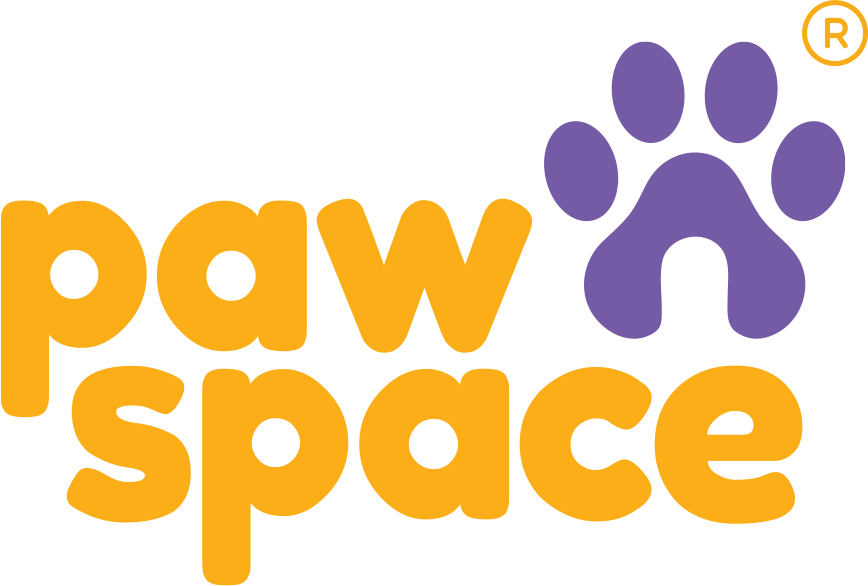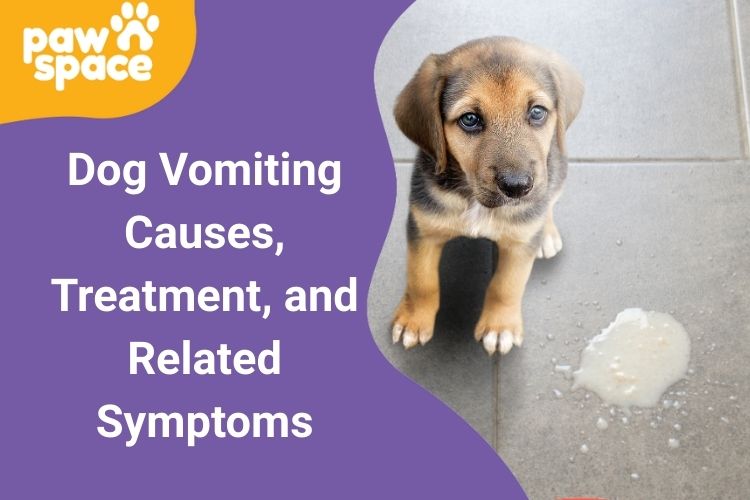Table of Contents
Toggle- Summary
- Introduction
- Preparation for the Birth
- Week-by-Week Puppy Care
- Week 1: Day of birth to Day 7
- Week 2: Eyes will open
- Week 3: Socialisation Starts
- Week 4: Exploration and Weaning
- Week 5–6: More Activity and Learning
- Week 7–8: Preparing for Adoption
- Feeding Advice
- Health Monitoring
- Hygiene and Safety
- Why Choose PawSpace for Newborn Puppy Care?
- Conclusion
- FAQs
- 1. How frequently should newborn puppies be fed?
- 2. At what age should puppies be weaned?
- 3. How warm should newborn puppies be?
- 4. Can I nurse orphaned puppies with no mother?
- Yes, with milk replacer and feeding, warmth, and hygiene. Ask a vet for milk replacer and care.
- 5. Why use PawSpace for puppy care?
Summary
Here you can know about how to take care of newborn puppies warmth, nutrition, hygiene and early growth need to be taken care of. This handbook takes you through every stage of puppy care from birth to eight weeks of age, from feeding, health examination and socialisation. Learn how to care for the mother and puppies and vet-approved pet care services in India.
Introduction
Bringing new puppies into your home is a fun experience but comes with tremendous responsibility. These tiny animals are totally dependent on their mother and guardian for survival. From maintaining body temperature to routine feeding and cleaning, everything matters in puppyhood weeks.
This blog provides a step-by-step in-depth approach to newborn puppy care, from setting up the whelp area to tracking growth and development. You might be a breeder, foster parent, or member of an unplanned litter.

Preparation for the Birth
Before introducing the puppies, create a clean, warm and quiet whelping box for the mother to give birth to the puppies. The whelping box must be large enough to allow the mother in comfortably and hold the puppies safely enclosed.
Whelping Box Requirements:
- Soft bedding (towels or vet-approved pads)
- Heat source (low-setting heating pad or heat lamp)
- Easy access for cleaning and observing
- Raised sides to keep puppies from getting away
- Introduce the mother to the box at least two weeks prior to the expected labor date.
Week-by-Week Puppy Care
Week 1: Day of birth to Day 7
Newborn puppies cannot see, cannot hear and cannot maintain their own body heat. They are completely dependent upon their mother for heat and for nourishment.
Key Tasks:
- Ensure puppies nurse in the first hours to harvest colostrum
- Check body temperature (optimal range: 34–37°C)
- Weigh puppies daily to monitor progress
- Maintain whelping box clean and dry
- Restrict handling to only necessary checks
- Active, growing puppies will gain weight over time and sleep by day.
Week 2: Eyes will open
Puppies start opening their eyes and getting some movement around day 10 to 14.
Care Tips:
- Continue weighing on a daily basis
- Monitor for infection or discharge in eyes
- Reduce heat a little as the puppies start to warm their bodies
- Start gentle handling to establish bonding
- The mother continues to be nursed regularly, and puppies begin demonstrating early signs of coordination.
Week 3: Socialisation Starts
Puppies are more responsive and start playing with littermates. The ears open, and they start responding to sound.
Tasks This Week:
- Introduce shallow water dishes
- Start deworming under veterinary care
- Encourage gentle play and interaction
- Watch for illness or development delay
- This is an ideal time to begin weaning and socialisation preparations.
Week 4: Exploration and Weaning
Puppies are weaned from milk onto solid food. They get their teeth and become more adventurous.
Care Instructions:
- Feed soft puppy food with formula added
- Continue to reduce nursing sessions
- Supply safe teething toys
- Keep whelping area clean
- Keep monitoring weight and behavior to confirm all pups are healthy.

Week 5–6: More Activity and Learning
Puppies are playful, energetic, and curious. They start learning to perform simple behaviors and investigate their surroundings.
Focus Points:
- Increase solid food consumption
- Start basic toilet training with pads
- Expose to new sounds and textures
- Offer supervised human and other animal contact
- Vaccinations could start at week 6, on your vet’s schedule.
Week 7–8: Preparing for Adoption
The puppies are almost ready to fly the coop at week 7. They should be weaned, vaccinated and socialised.
- Book vet visits and inoculations
- Introduce crate and leash training
- Leave a comfort item for the transition phase (e.g. scented blanket of the mother)
- Organise adoption packs with feeding and veterinary history
- Responsible rehoming should not occur prior to eight weeks old.
Feeding Advice
- As much as possible, Mother’s Milk: The best diet for newborn puppies is their mother’s milk, particularly the colostrum in the first 24 hours. It contains essential antibodies and nutrients.
- Bottle Feeding: If the mom is not present or cannot be nursed, then a vet-approved puppy milk replacer should be used. Puppies should be fed every 2–3 hours in the first week and space them out as they grow.
- Weaning: Wean at week 4 with soft food and formula combined. Be solid on puppy food by week 6.
- Don’t feed cow milk since it causes digestive issues. Always consult with your vet before introducing new foods.
Health Monitoring
Follow up with regular health examinations for eight weeks.
Watch for:
- Diarrhoea or vomiting
- Lethargy or persistent crying
- Swollen abdomen or laboured breathing
- Poor weight gain
- Signs of infection (eyes, ears, umbilical region)
- Plan vet visits for vaccination, deworming and general check-ups. Note each puppy’s weight, feeding routine and milestones.
Hygiene and Safety
Cleanliness is necessary to avoid infection.
Tips:
- Daily change the bedding
- Sterilise feeding bottles and bowls
- Limit visitors for the first few weeks
- Keep other animals away from the whelping area
- Wash hands before handling puppies
- Clean with non-toxic cleaning products and make the environment hazard-free.
Why Choose PawSpace for Newborn Puppy Care?
PawSpace is a premier pet care portal in India with facilities for newborn puppies and mother care. Whether your need is feeding, hygiene, boarding or vet coordination, PawSpace provides caring and professional assistance.
What PawSpace Offers
- Cage-Free Boarding: Our mums and puppies are looked after in homely settings that allow for relaxation and bonding.
- Verified Caregivers: Every one of our visitors is background checked and professionally certified in pet care so they can provide loving and safe attention for your pets.
- Personalised Care Plans: Feeding routine, medication administration and grooming cycles are specifically tailored to each puppy.
- Doorstep Solutions: PawSpace provides grooming, training and pick-up of freshly prepared foods on your doorstep.
- Live Updates: Get frequent photos and videos to keep track of your puppies in boarding or care sessions.
Conclusion
Newborn puppy care is a gratifying experience that involves patience, dedication and expertise. Puppies are entirely reliant on you from the time they are born for food, warmth and protection. By adhering to a care calendar routine and taking professional advice when necessary, you can ensure every puppy grows into a healthy and well-balanced dog.
No matter if you are adopting a litter or rescuing abandoned puppies, sites such as PawSpace give you the guidance and attention necessary to make the process more easily done. Their cage-free, vet-inspected amenities offer you tranquility and personalised care for each phase of puppy growth.
FAQs
1. How frequently should newborn puppies be fed?
Every 2-3 hours in the first week. Space feedings farther apart as they mature.
2. At what age should puppies be weaned?
Wean week 4 on mush food. Get on solids week 6.
3. How warm should newborn puppies be?
Keep at about 85°F (29°C) for the first three days, then cool down to room temperature.
4. Can I nurse orphaned puppies with no mother?
Yes, with milk replacer and feeding, warmth, and hygiene. Ask a vet for milk replacer and care.
5. Why use PawSpace for puppy care?
PawSpace provides cage-free, personalised services with background-checked sitters and vet-approved routines for new puppies.

















